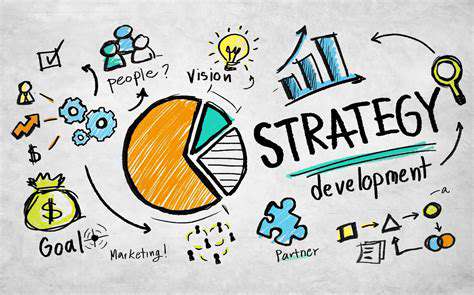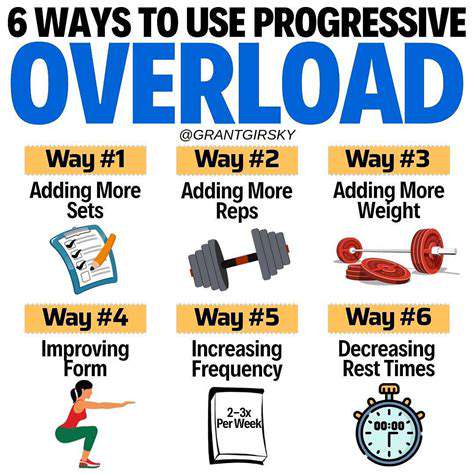Guide to Practicing Empathy
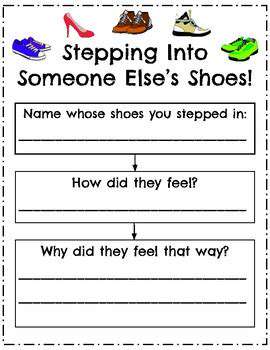
Understanding Empathy
Empathy is the ability to understand and share the feelings of another. It's more than just recognizing that someone is sad or happy; it involves stepping into their shoes and experiencing the world from their perspective. This ability to connect with others on an emotional level is crucial for building strong relationships and fostering a sense of community. It allows us to respond to the needs of others with compassion and understanding, rather than simply reacting to their emotions.
Developing empathy involves active listening, paying attention to nonverbal cues, and considering different viewpoints. It requires a willingness to put aside personal biases and preconceptions to truly grasp the experiences of others. This process of understanding is not passive; it demands effort and a genuine desire to connect with those around us.
The Importance of Perspective-Taking
Perspective-taking is a fundamental component of empathy. It's about actively trying to see things from another person's point of view, considering their background, experiences, and beliefs. By doing so, we can begin to understand the motivations behind their actions and the context in which they operate.
Cultivating Compassion
Compassion is often intertwined with empathy. It is the feeling of sympathy and concern for others, coupled with a desire to help alleviate their suffering. Cultivating compassion often involves a willingness to act on the empathy we feel, translating understanding into helpful actions. This active response to another's pain fosters stronger connections and a more supportive community.
Overcoming Barriers to Empathy
Several factors can hinder our ability to empathize with others. Prejudice, stereotypes, and personal biases can cloud our judgment and prevent us from seeing the world through another's eyes. Often, fear of the unknown or perceived differences can create barriers to empathy. Overcoming these barriers requires conscious effort and a willingness to challenge our own assumptions.
Empathy in Personal Relationships
Empathy is essential in all personal relationships, from friendships to romantic partnerships and family bonds. It allows us to understand and respond to the emotional needs of those closest to us, fostering trust, intimacy, and mutual support. Strong empathetic connections create a safe and nurturing environment where individuals feel valued and understood. This understanding is critical for conflict resolution and maintaining healthy relationships.
Empathy in Professional Settings
Empathy is not limited to personal relationships; it plays a vital role in professional settings as well. Understanding the perspectives of colleagues, clients, and customers is critical for effective communication, collaboration, and problem-solving. Empathetic leaders are more likely to inspire and motivate their teams, fostering a positive and productive work environment. This understanding translates to better customer service and more effective business strategies.
Empathy and Social Change
Empathy is a powerful force for social change. By understanding the experiences of marginalized groups, we can foster greater tolerance, acceptance, and inclusivity. Empathy helps us to recognize and challenge systemic inequalities and injustices. It is a crucial component of creating a more just and equitable society where everyone feels valued and respected.
Practicing Compassionate Actions
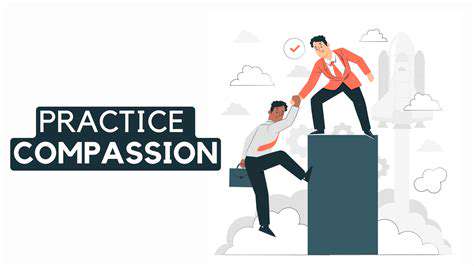
Cultivating Empathy
Developing empathy is crucial for practicing compassionate actions. It involves stepping outside of your own perspective and truly understanding the feelings and experiences of others. This understanding allows you to connect with their struggles and joys on a deeper level, fostering a sense of shared humanity. Empathy isn't just about feeling sorry for someone; it's about genuinely seeing the world from their viewpoint and recognizing their inherent worth.
Recognizing Suffering
Acknowledging the presence of suffering, both in yourself and others, is a vital component of compassionate action. This involves confronting difficult emotions and experiences without judgment. This recognition doesn't mean dwelling on negativity, but rather accepting its existence as a part of the human condition. By acknowledging suffering, you create space for compassion to emerge and guide your responses.
Taking Action
Compassion isn't just a feeling; it's a verb. It's about translating empathy and recognition of suffering into tangible actions. These actions might be small gestures, like offering a listening ear or a helping hand, or larger commitments, like volunteering time or resources. The key is to find ways to actively support those in need, however you can.
Understanding Context
Compassionate actions often require understanding the context surrounding a situation. Different people have different backgrounds, experiences, and motivations. Consider the circumstances and potential influences that might shape someone's behavior or needs. This nuanced understanding is critical to ensure your actions are helpful and appropriate, rather than inadvertently causing harm.
Practicing Self-Care
Compassion extends to yourself as well. Practicing self-compassion is essential for sustaining compassionate actions over time. It involves treating yourself with the same kindness and understanding you extend to others. Taking care of your own well-being, physically and emotionally, allows you to better support others without becoming depleted or overwhelmed.
Building Relationships
Compassionate actions often involve building stronger and more meaningful relationships. By demonstrating empathy and understanding, you can create a supportive and interconnected community. These relationships can foster mutual respect, trust, and a shared commitment to well-being. This process of connection can lead to a more compassionate society as a whole.
Avoiding Judgment
One of the most important aspects of compassionate action is to avoid judgment. Judging others based on your own limited understanding or preconceived notions can hinder compassion. Instead, strive to see each person as an individual with their own unique story and perspective. By avoiding judgment, you create a space where empathy and understanding can flourish.
Read more about Guide to Practicing Empathy
Hot Recommendations
-
*Guide to Managing Gout Through Diet
-
*Best Habits for Financial Well being
-
*How to Build a Routine for Better Mental Health
-
*How to Eat Healthy on a Budget [Tips & Meal Ideas]
-
*Guide to Practicing Self Acceptance
-
*How to Incorporate More Movement Into Your Day
-
*Guide to Managing Chronic Pain Naturally
-
*Guide to Building a Reading Habit for Well being
-
*Top 5 Weight Loss Supplements That Actually Work
-
*Best Exercises for Postpartum Recovery [Beyond Abdominal Work]
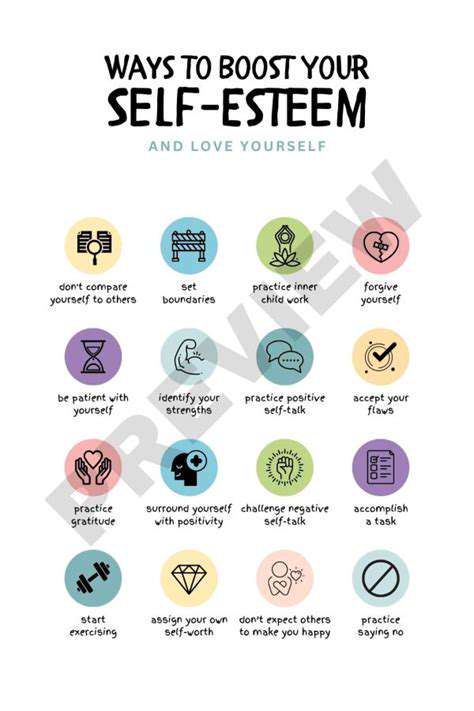

![HIIT Workout for Fat Loss [20 Minute Routine]](/static/images/26/2025-05/Exercises28Example293A.jpg)

